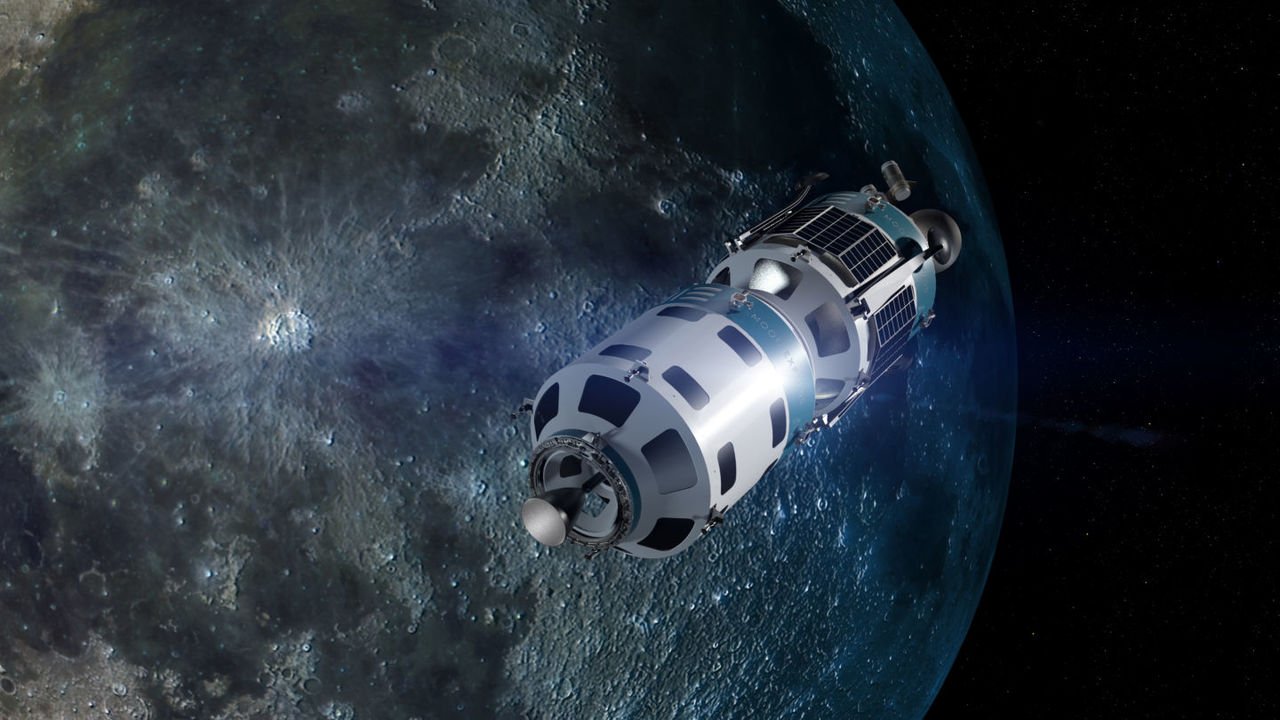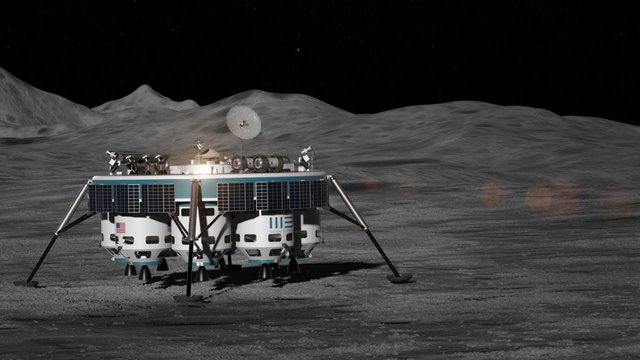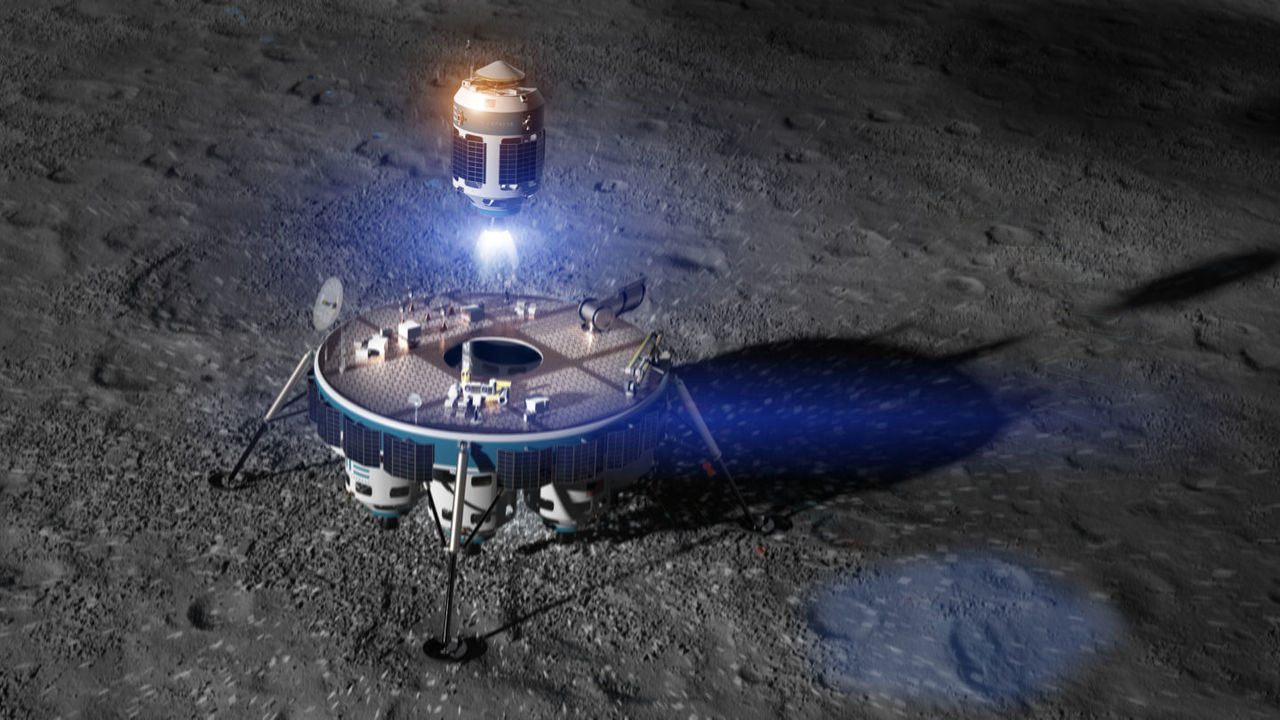The Great Moon Rush: How Private Companies Want To Kickstart Space Exploration

The moon is extremely important if humanity wants to colonize the solar system and people often times forget that a liftoff is happening very, very soon.
You may remember the famous Google Lunar XPRIZE competition that encouraged private companies to be bold and dream bigger than ever before. There’s only one way to win the $20 million at stake, you must complete the Mission to Moon by the end of 2017.
It’s 2017 and Moon Express co-founder and chairman Naveen Jain has appeared on many stages telling the world, that their dream is intact and soon to be much more than that.
In fact, Mr. Jain also noted recently, that Moon Express, founded back in 2010, was the only company able to secure all necessary permission from the US government to launch beyond low-Earth orbit toward the Moon.
Neither SpaceX, nor Virgin Galactic or any other company achieved this primary goal, but after maintaining silence for so long and literally flying under the radar, Moon Express finally revealed their plans for the next 3 years.
These pretty lofty goals all aim at setting up a private lunar outpost on the Moon as early as 2020 and start digging for rocks and resources. Many enthusiasts believe that private companies will kick off what historians may one day call The Great Moon Rush.
Indeed, the Moon is a tempting 'object' to harvest with lots of possibilities ranging from precious metals, iron ore and above all, large quantities of water. Anyone following the ebbing of urban water supplies and its subsequent privatization knows how valuable a commodity it has and (more importantly) will become in the near future.
First, though, Moon Express needs to land on the moon and establish the infrastructure. According to Ars Technica, the privately held company now released fully funded plans establishing a firm timeline for various missions to the Moon over the upcoming few years.
These three main missions will include the Lunar Scout, Lunar Outpost and Harvest Moon with the Scout set to launch at the end of this year.
Boosted by Rocket Lab’s carbon fiber Electron rocket, a private startup from New Zealand specialized on cost effective ways to provide launch vehicles, Moon Express will send the modular MX-1 spacecraft to Earth’s biggest fellow satellite. The MX-1 is a single stage and PECO engine powered craft able to deliver up to 30kg and as such a perfect fit for Rocket Lab’s lightweight approach.
Within three years, the company hopes to bring back lunar samples to Earth and set up commercial operations on the Moon itself.
Interviewed by Ars, Bob Richards, another co-founder of the privately held company, promised to “… absolutely intend to make these samples available globally for scientific research, and make them available to collectors as well”.
With such commercial ambitions now out in the public, it’s clear why other countries and companies push that hard for a moon landing and the establishment of settlements.
It is a new frontier after all, and secrecy has now somewhat been broken, indicating that many players are ready to join the race. NASA is evaluating lunar colonies behind closed doors and even supports privately run competitions like Moontopia.
The main focus of the agency, however, will then be revisited within the next 12 months, which also happens to be the determination and accessibility of Moon's water.
This water, NASA hopes, could be turned into some form of rocket fuel. So, it’s no surprise that the Secretary general of China’s space agency, Tian Yulong, told the media that China and ESA plan to collaborate on a Moon Base, as well.
The proverbial heat is certainly on and a Moon Rush to secure valuable soil and resources seems inevitable. While lunar dust is likely to fetch millions of dollars alone, it certainly remains a game people are quite accustomed to play.
In the end, any Lunar settlement is only serving as a possible starting ground for many other human outposts in space… and this is a rush we all feel coming.




This story was originally published on pionic.
Thanks for posting this interesting article.
Has any framework been agreed for dividing up land on the moon? Will it be a case of first-come-first-served, regardless of whether it is nations or corporations? If the resources are as valueable as it seems, there is surely an urgent need for such an agreement.
Most likely first-come-first-served
very interesting post thanks for sharing upvoted and followed you back